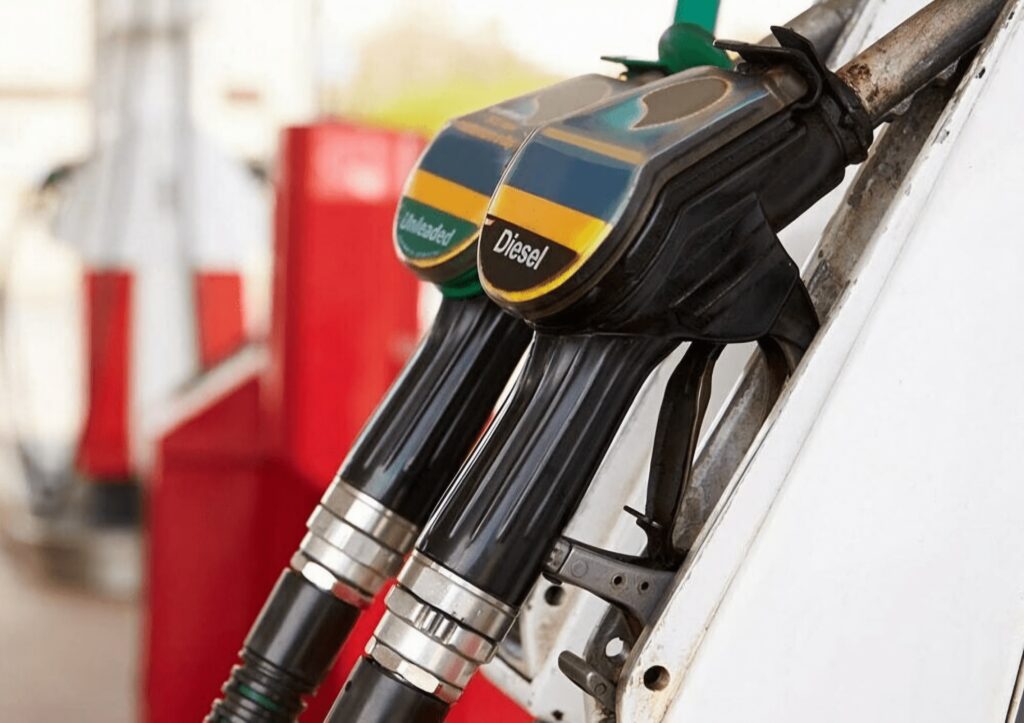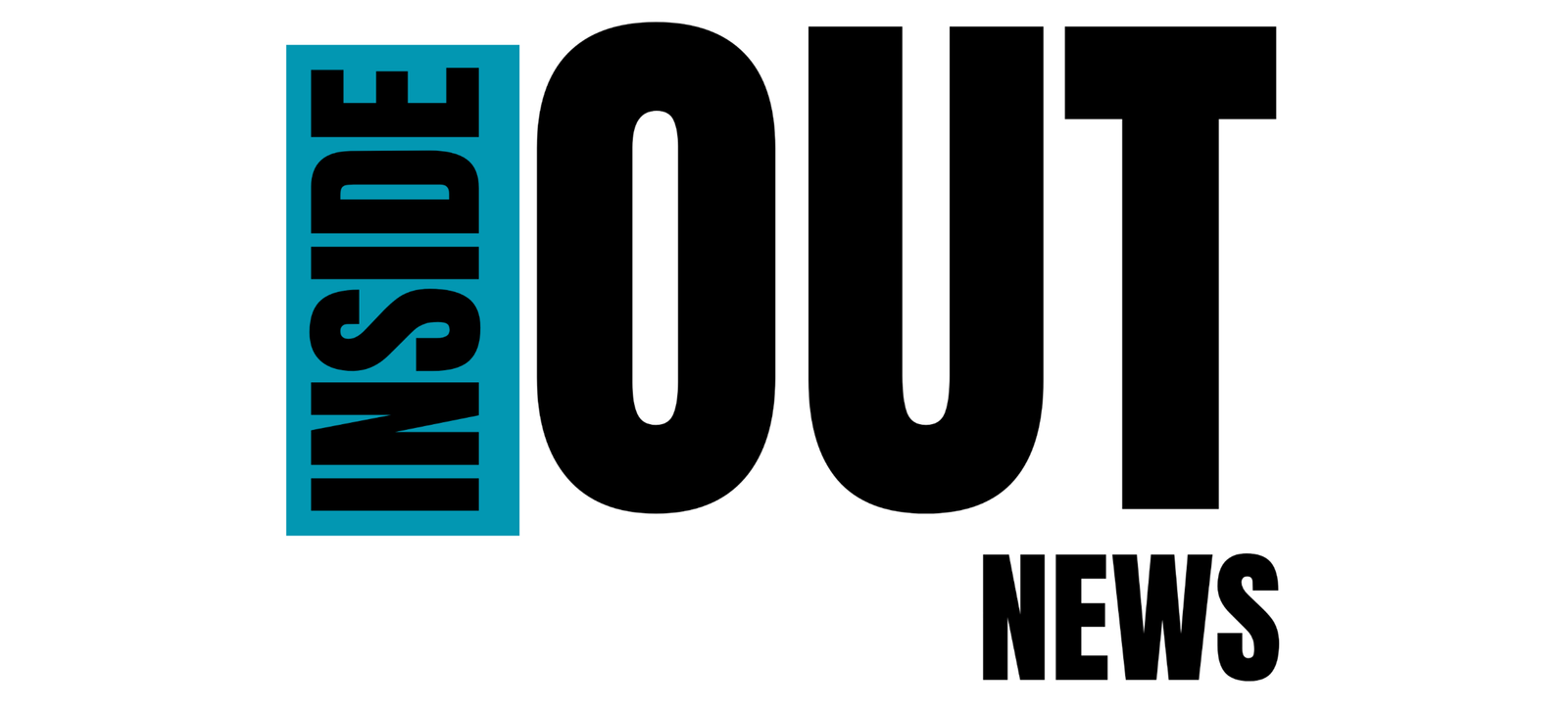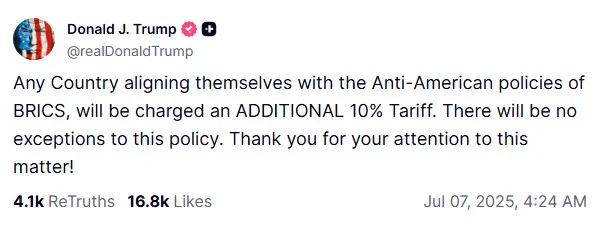Petrol hike blows consumer wallets
by Mathipa Phishego
On Wednesday, July 2, fuel prices went up and consumers are preparing for yet another financial setback. The price increases for petrol and diesel by R1.18 and R0.92 per litre were confirmed by the Department of Energy. In turn, this is the fourth hike in a row this year. During the past year, prices from groceries to energy have been progressively rising due to a wider issue in the cost of living.
For many South Africans who are already having financial difficulties. The financial squeeze that seems to get tighter every month is brought home by the news. Rising fuel costs have an effect that goes well beyond what drivers pay at the pump. Prices in supermarkets and other establishments rise due to increasing transportation costs.

image: Business Recorder on X
Small firms that depend on fuel-powered logistics are already warning of potential job layoffs, and taxi costs are predicted to increase in the upcoming weeks. “Our delivery expenses grow dramatically for every rand increase in petrol. We are having to rethink routes, reduce service areas and unfortunately raise prices for our customers,” said an owner of a small courier business, Mpho Radebe.
Families with middle class incomes are also feeling the heat. According to a recent Consumer Trends Bureau survey, rising transportation and grocery costs have forced more than 64% of households to reduce their discretionary spending. “I am left juggling bills every month between filling up my tank, paying school fees, and covering food,” said Naledi Sithole, a teacher from Mpumalanga.
However, government officials point to the weakening rand and the volatility of the world oil market as the main causes of the fuel price increases. Critics contend that insufficient efforts are being made to protect residents against outside shocks. Fuel levies in South Africa require immediate change, according to economists.
It is unsustainable for South Africans to pay taxes and levies that exceed one-third of their fuel prices. South Africans may need to brace themselves for ongoing financial difficulty, as the Reserve Bank has warned of ongoing inflationary pressure and little relief in global oil prices is anticipated.



